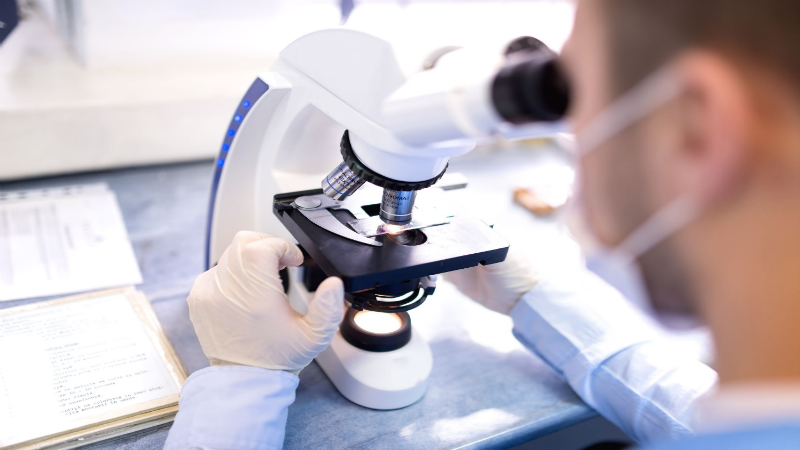It takes more to get on the shelves than just making a great product. You’ll also need to adequately test your product in a food safety testing lab to ensure it’s safe for public consumption. You may think it’s an unnecessary step since there’s a lot of knowledge about proper food safety that your manufacturer is hopefully following. However, testing is necessary to protect the health of the public, and skipping it could have dire consequences.
An Overview
Food safety testing labs utilize a systematic and detailed process to ensure food products meet certain standards and are safe for the public. They look for contaminants, pathogens, and other hazards, such as foreign materials. They perform molecular analysis and microbiological testing to ensure quality assurance in the food chain.
Common Contaminants
Despite rigorous cleaning, sometimes unseen contaminants can make their way into foods. Here are some of the most common contaminated food safety labs test for:
- Bacteria such as salmonella and listeria which cause foodborne illnesses.
- Viruses like Hepatitis A that can make people sick. Labs can identify the genetic material of viruses.
- Parasites, which can cause gastronomical issues. They’re often found in contaminated water and undercooked food.
- Allergens. People with allergies rely on labels to gauge their risk of having an allergic reaction when eating something. If a product is contaminated with an allergen not listed, it could cause serious harm to someone.
- Physical hazards, such as glass, metal, plastic, or wood. Machinery, human error, and accidents can cause products to be contaminated with dangerous physical hazards.
Food safety labs ensure that the food that makes it to the shelves is safe to eat and won’t make anyone sick, protecting the public from mishaps that could cost your business.
BeaconPoint Labs is a top-notch food safety testing lab that can ensure your product hasn’t been contaminated by unseen threats.


